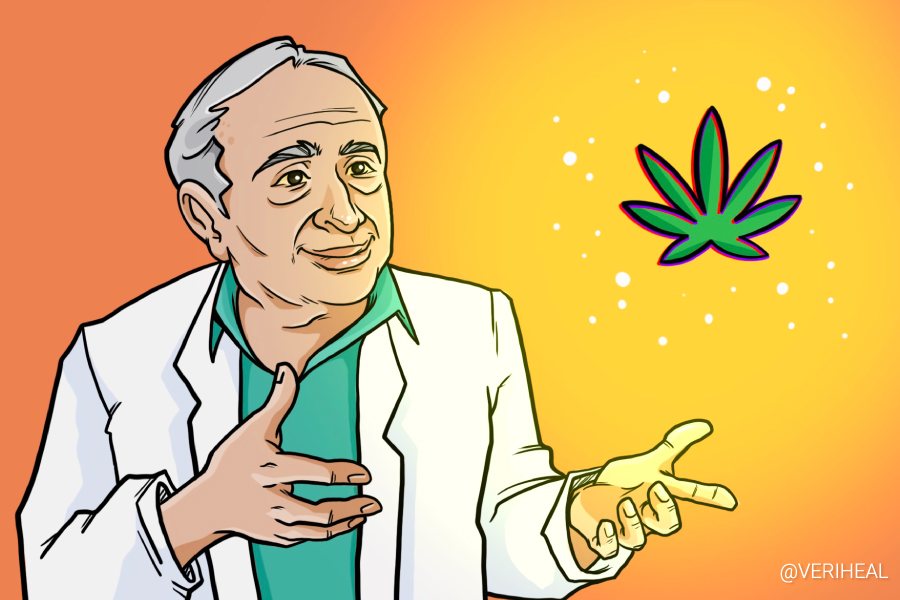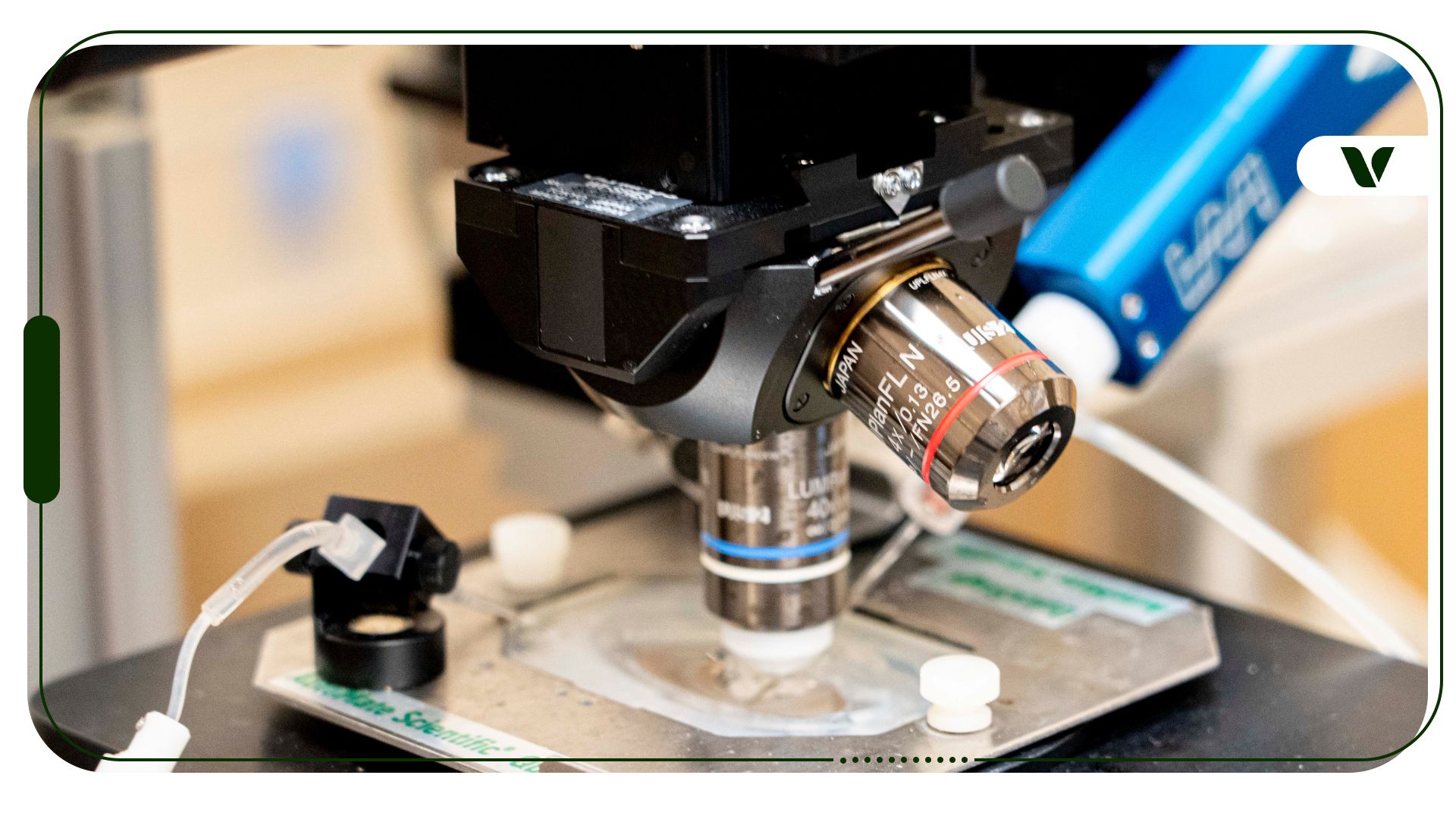In talking about cannabis and its uses, a lot of attention is always paid to THC, the most well known cannabinoid in the cannabis plant . THC is primarily responsible for the psychoactive effects users feel, and it also helps to combat nausea, increase appetite, encourage sleep, and relieve chronic pain. If you’ve been paying attention to the cannabis industry in the last year or so, you’re probably also very aware of another compound. CBD is a non-intoxicating cannabinoid that offers many of the same medical benefits as THC. CBD has proven itself to be effective at dealing with such conditions as seizures and anxiety, and it also offers a potential cannabis-based treatment for pets and children. There are plenty of other cannabinoids in the cannabis plant, such as CBN, famous for its sleep-inducing properties, and CBG, which is proving to be a valuable medical tool. But new discoveries about cannabis are being made all the time, and that leads us to Dr. Raphael Mechoulam.
The Father of Cannabis Research
Dr. Raphael Mechoulam earned the unofficial title the father of cannabis research because of his work in the field of organic chemistry. An Israeli professor at the Hebrew University of Jerusalem, he has previously identified cannabinoids that have their origin within the human body and has worked with other scientists to isolate and synthesize THC and CBD. Much of what we know about the cannabis plant and its properties and uses is thanks to Dr. Mechoulam’s work. Just a few months ago, Dr. Mechoulam discovered an all-new cannabinoid previously unknown to anyone. This synthetic compound has caused a lot of excitement in the field of medical cannabis as its potential begins to be explored. Though we know very little about it so far, scientists are eager to explore the potential of Dr. Mechoulam’s new compound, cannabidiolic acid methyl ester, otherwise known as EPM-301.
About the EPM-301 Compound
EPM-301 takes its name from the company EPM, a startup dedicated to bridging the gap between organic cannabis and the needs of pharmaceutical companies. The goal of their research is ultimately to advance the field of medical cannabis by applying principles of organic chemistry, often resulting in the synthesizing and isolating of cannabis compounds.
And that’s what happened with EPM-301. There is an acid that appears organically in the cannabis plant, but it’s highly unstable and doesn’t last long enough for growers to be able to do anything with it. However, after observing the process of this acid coming into being and then disappearing, Dr. Mechoulam became interested in the possibility of capturing it.
Specifically, Dr. Mechoulam’s work allowed him to modify the acid in such a way that it became stable—a chemical process known as esterification. He and his team were then able to study the acid, and what they found amazed them. It had incredibly high potency, for one thing, and for another, it was effective in nausea suppression and in the reduction of anxiety. This gave it incredible potential. It’s possible that EPM-301 might serve as a replacement for traditional pharmaceuticals without sacrificing anything in quality or efficacy.
Dr. Mechoulam is a pioneer and an innovator in the field of cannabis research, continuing to make groundbreaking discoveries even in later life. Throughout his career, his work has proved to be definitive when it comes to understanding all that cannabis has to offer and making it accessible to consumers for safe and effective use. He is a great asset to the cannabis community and a thought leader who has changed the game for all of us, from the 1960s to today.
Author, Share & Comments








